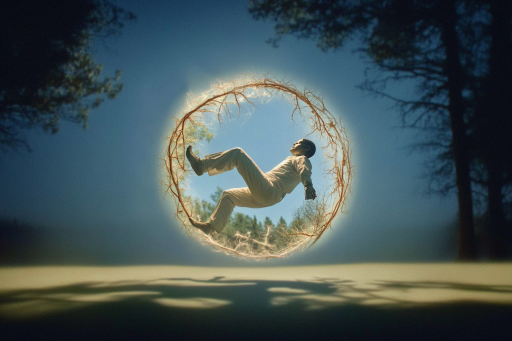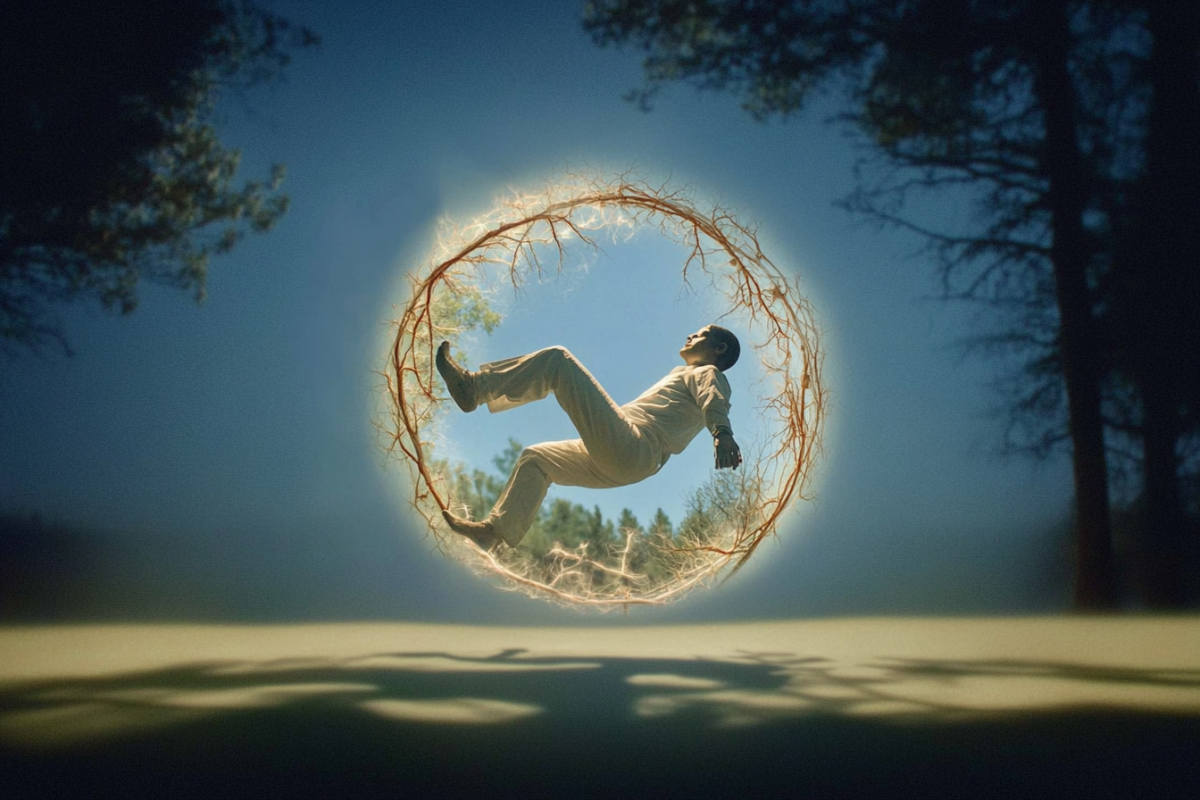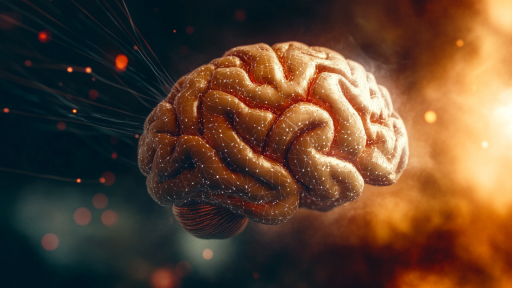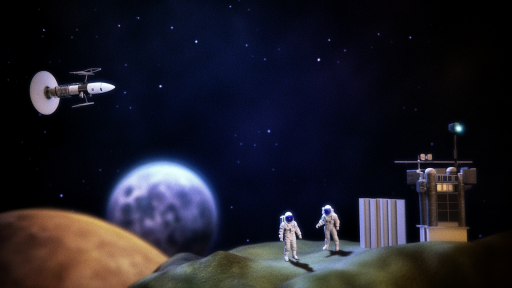
Space travel pushes the human body beyond anything it experiences on Earth. From microgravity to cosmic radiation, astronauts face extreme conditions that alter their biology in surprising ways. Some of these changes are temporary, while others may have lasting effects on long-term space travelers. As humanity prepares for deeper space exploration, understanding these shocking transformations is more important than ever.
Space Alters Your DNA

Astronauts returning from long-duration space missions have shown changes in their DNA expression. Microgravity, radiation, and stress can cause genes to behave differently, potentially leading to long-term health effects. NASA’s Twin Study revealed that astronaut Scott Kelly’s DNA was altered after spending a year in space, with some changes remaining even after he returned to Earth. This raises big questions about how space travel might affect human genetics over time.
Your Spine Stretches, But You Shrink on Return

Without Earth’s gravity compressing the spine, astronauts grow up to 2 inches taller while in space. This spinal elongation can cause back pain and discomfort, as muscles and ligaments struggle to adapt. However, once they return to Earth’s gravity, astronauts shrink back down as their spines compress again. Long-term exposure to microgravity may weaken the spinal structure, leading to persistent posture issues.
Your Bones Become Fragile

Spending time in space leads to bone loss at an alarming rate, with astronauts losing up to 1% of bone density per month. Without the constant resistance of gravity, bones weaken, similar to the effects of osteoporosis on Earth. Even after returning, some astronauts never fully regain their lost bone mass. Future long-term missions, such as a trip to Mars, could pose serious risks for bone fractures and long-term skeletal damage.
Muscles Shrink and Weaken in Microgravity
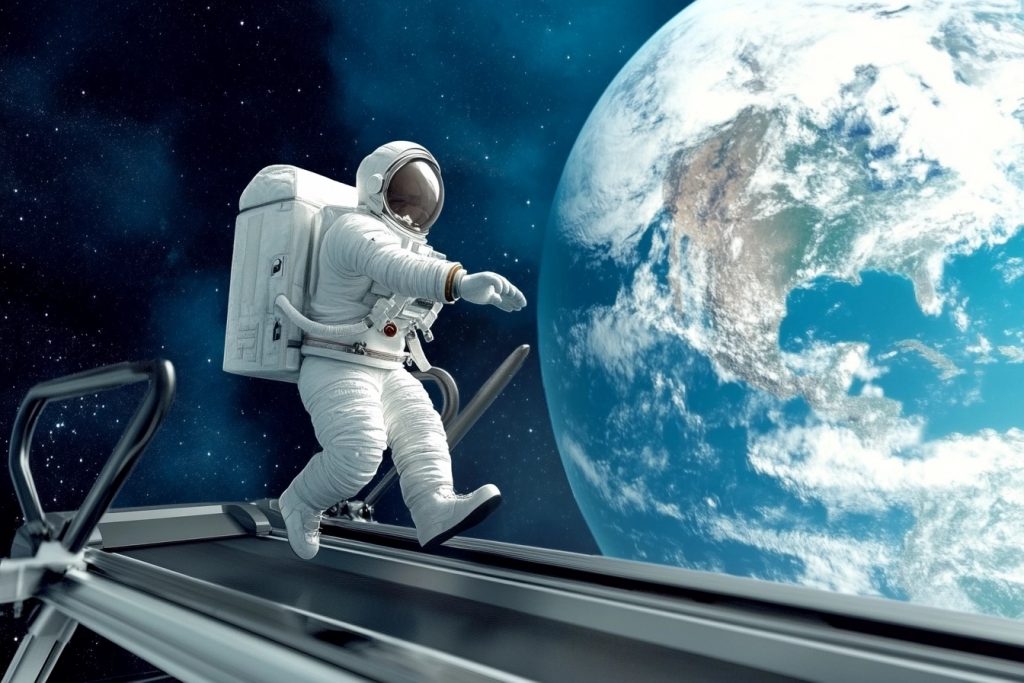
Without the need to support body weight, astronauts experience muscle atrophy, especially in their legs and back. Exercise is mandatory in space, with astronauts working out two hours a day to counteract muscle loss. Despite this, some still experience significant strength loss when they return to Earth’s gravity. If humans ever colonize space, future generations might evolve weaker muscles due to reduced gravitational forces.
Your Heart Becomes More Spherical

Studies show that astronauts’ hearts become rounder and less efficient in microgravity. This happens because the heart doesn’t have to pump against gravity, leading to changes in shape and function. While the effect reverses after returning to Earth, long-duration spaceflight could increase the risk of cardiovascular disease. If humans are to survive deep space missions, scientists must find ways to counteract these changes.
Vision Problems in Space Are a Serious Issue

More than half of astronauts report blurry vision and eye problems after long space missions. Scientists believe microgravity causes fluid buildup in the brain, which puts pressure on the optic nerve. Some astronauts experience permanent vision changes, raising concerns for future deep-space travel. The longer an astronaut spends in space, the greater the risk of developing lasting eyesight issues.
Space Travel Weakens the Immune System

Astronauts in space experience a weakened immune response, making them more vulnerable to infections. Microgravity and radiation exposure alter how the immune system functions, and stress from space travel further suppresses defenses. Some viruses, like herpes and shingles, even reactivate in space, increasing health risks for astronauts. Understanding how space affects immunity is crucial for future deep-space exploration.
Cosmic Radiation Can Damage Cells and Cause Cancer

Unlike Earth, space lacks a protective atmosphere and magnetic field, exposing astronauts to high levels of cosmic radiation. This radiation damages DNA, increasing the risk of cancer, organ damage, and neurological issues. Long-term exposure, such as on a Mars mission, could cause severe health effects. Future space travelers may need advanced shielding or medical interventions to survive the dangers of deep space.
The Brain Rewires Itself in Space

Space travel reshapes the brain, altering both its structure and function. Astronauts experience changes in gray matter, particularly in areas controlling movement and balance. Some report slower cognitive function or difficulty adjusting to Earth’s gravity upon return. The human brain adapts to space, but the long-term effects of these changes remain unknown.
The Human Body Wasn’t Built for Space—But That Won’t Stop Us

Space is an extreme environment, and the human body undergoes astonishing transformations to survive it. Every discovery brings new challenges, but also new solutions that push the boundaries of human exploration. If humanity is to travel beyond Earth, we must learn to adapt to the physical and biological demands of space travel. The question remains: how far can we push the limits of human endurance?

